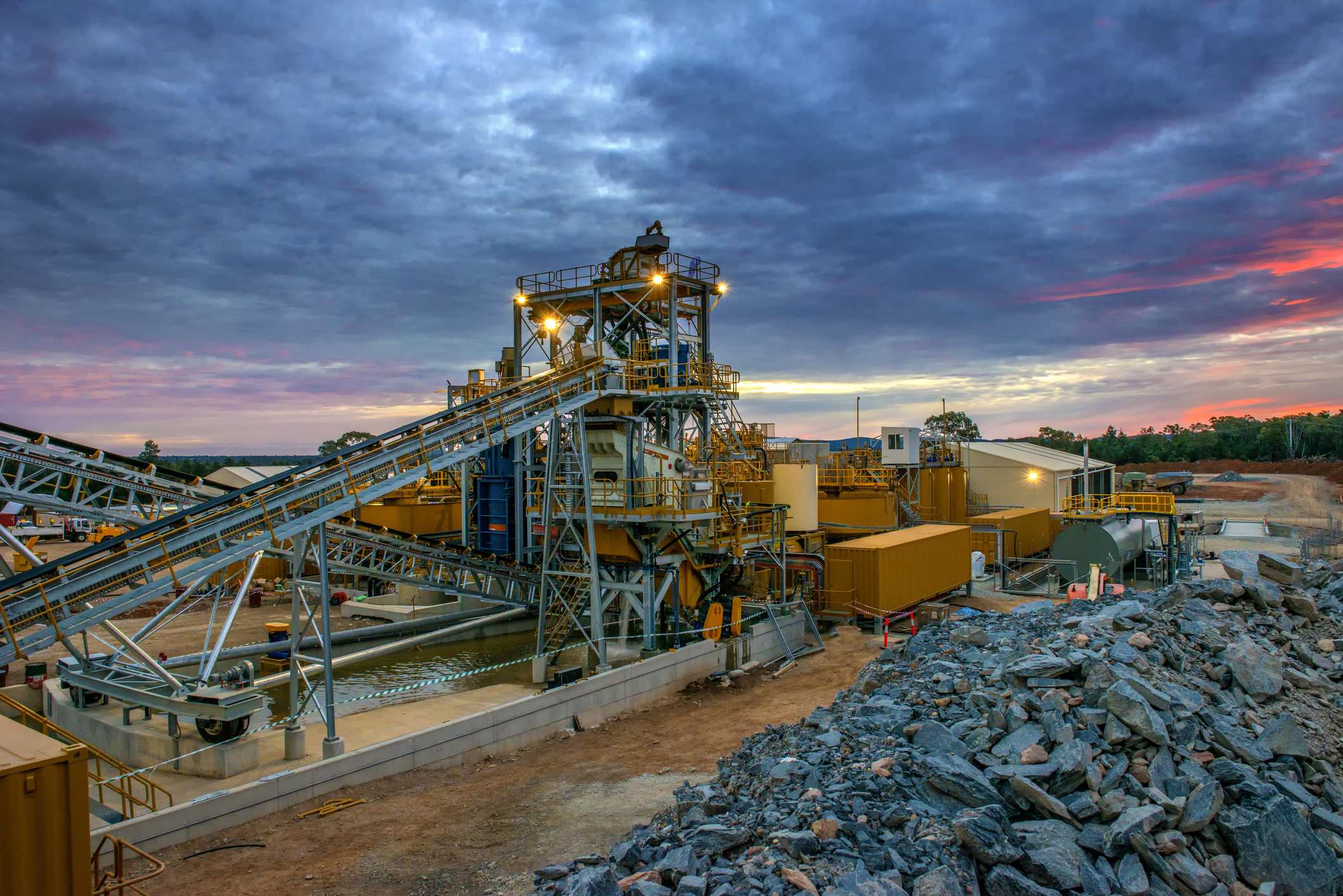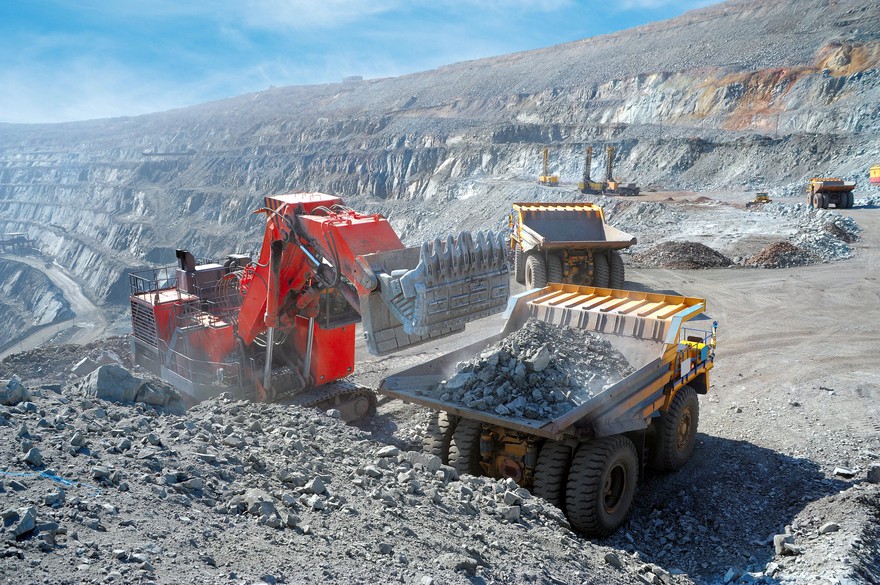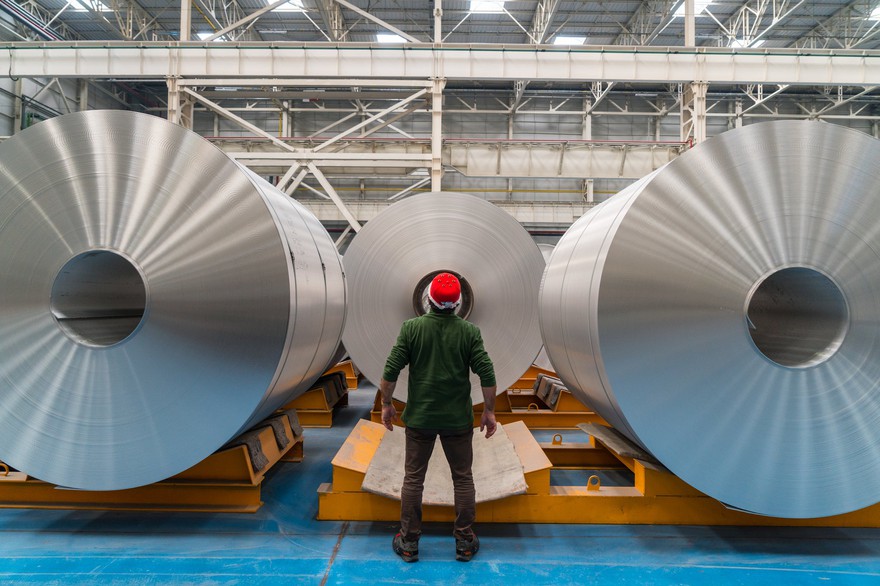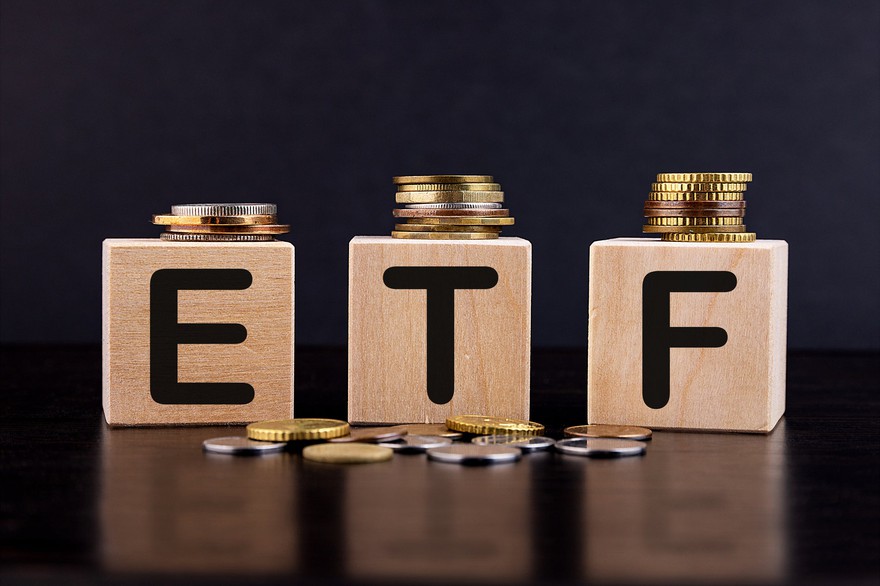Lithium is a critical building block of the electric economy, powering electric vehicles, energy storage systems, and the batteries that support them. Lithium stocks include companies that mine and process the metal, as well as firms developing next-generation lithium battery technologies.
The industry has been through a sharp cycle. Heavy investment during the pandemic led to oversupply just as higher interest rates slowed EV sales, pushing lithium prices down through 2023 and into 2025. But the trend has begun to turn. By late 2025 and early 2026, lithium prices rebounded as demand from China’s EV and energy storage markets strengthened.
For investors, that shift matters. Lithium stocks tend to move with supply-and-demand imbalances, and improving pricing can quickly change the outlook for producers and developers alike. Below, we break down how lithium stocks work and which companies stand out today.
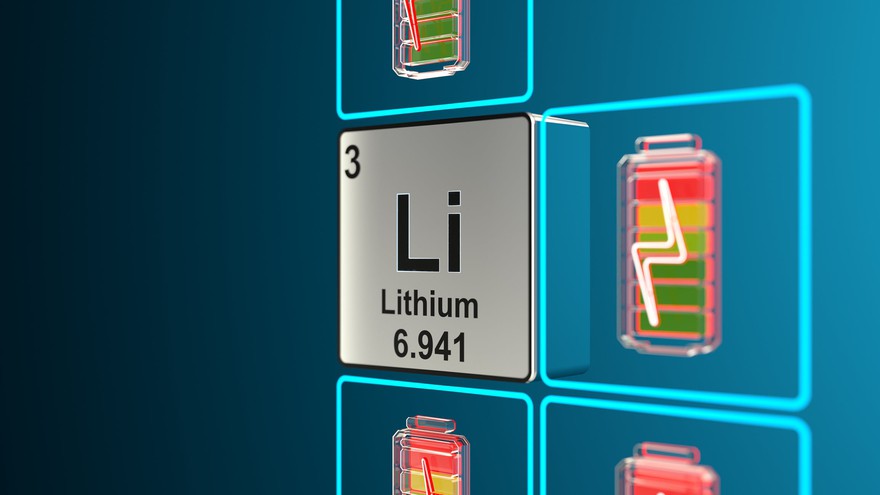
Six top lithium stocks to consider in 2026
Lithium stocks can look very different from one another. Some companies are established producers with current cash flow, while others are earlier-stage developers still working toward full production. Costs, timelines, and balance sheet strength can vary widely, and those differences matter just as much as lithium prices themselves.
Developing new lithium supply is capital-intensive and time-consuming, which means weaker operators can struggle during down cycles. Stronger companies tend to stand out through lower production costs, diversified assets, or technology advantages that help them navigate volatility.
Below are five leading lithium producers and one lithium battery developer that offer different ways to gain exposure to the lithium market.
| Name and ticker | Market cap | Dividend yield | Industry |
|---|---|---|---|
| Sociedad Química Y Minera De Chile (NYSE:SQM) | $12.0 billion | 0.00% | Chemicals |
| Albemarle (NYSE:ALB) | $22.3 billion | 0.85% | Chemicals |
| Mineral Resources (ASX:MIN) | $12.3 billion | 0.00% | Metals and Mining |
| QuantumScape (NASDAQ:QS) | $6.0 billion | 0.00% | Auto Components |
| Ganfeng Lithium Group (OTC:GNEN.F) | $18.9 billion | 0.23% | Chemicals |
| Lithium Americas (NYSE:LAC) | $1.5 billion | 0.00% | Metals and Mining |
1. Sociedad Química y Minera de Chile
Sociedad Química y Minera de Chile (SQM -1.66%) is one of the world's largest producers of lithium used in batteries and other energy storage technologies. Its two major shareholders are Chile's Pampa Group (a mining company), which owns 26%, and China's Tianqi (an EV battery metal processor), owning 22%. The company has operations in Chile, Australia, and China.

NYSE: SQM
Key Data Points
Sociedad Química y Minera predicts that demand for lithium will outpace supply over the long term, so it has been investing in increasing its production capacity. With recent improvements now complete, the company claims it will be able to increase its market share in supplying lithium, mainly for EV batteries.
2. Albemarle
Mining and chemical producer Albemarle (ALB +0.13%) is leading the charge in global lithium output. Among the company's biggest customers is Panasonic (OTC:PCRFY), which manufactures lithium batteries for everything from small consumer electronics to EVs. Samsung (SSNL.F +56.02%) and Corning (GLW +1.77%) are also significant customers.

NYSE: ALB
Key Data Points
Lithium prices can be volatile and will ultimately guide the direction of Albemarle's sales. However, the company has proven itself over the years to be a durable mining operation that can bring lithium to market.
Management is reacting by cutting capital expenditures and other costs to solidify its balance sheet while waiting for an upturn in the lithium market. In addition, management is divesting non-core assets in the refining catalyst and catalyst services business to raise cash for future investment.
It's an excellent place to start if you are looking for exposure to the upside potential of lithium carbonate prices. That said, investors will need to be patient and have the stomach to tolerate short-term bad news.
3. Mineral Resources
Australian company Mineral Resources' (MIN +2.73%) primary activity is offering "pit-to-ship mining services" to resource companies. It also utilizes its expertise in mining services to develop its own acquired assets in iron ore and lithium.

ASX: MIN
Key Data Points

NASDAQ: QS
Key Data Points

OTC: GNEN.F
Key Data Points

NYSE: LAC
Key Data Points
Future of lithium stocks
While the future of lithium demand remains a function of EV battery demand -- and, in turn, EV investment -- battery energy storage systems (BESS) are becoming an increasingly important source of demand.
It's an attractive market, according to the International Energy Agency (IEA), which believes there will be a 40% deficit in lithium in 2035 based on current demand and supply trends. That view implies upside potential for lithium and lithium stocks.








